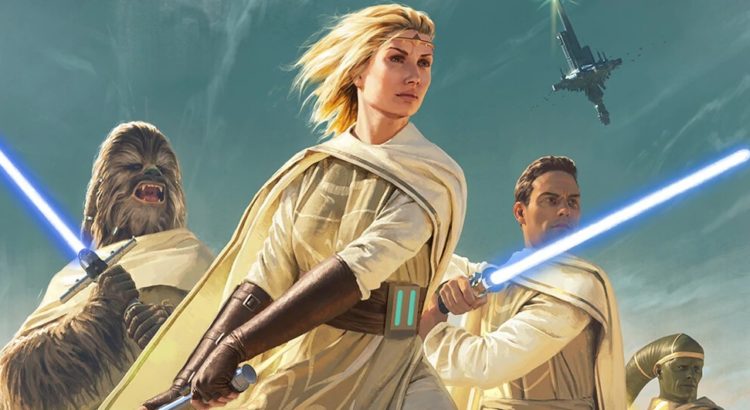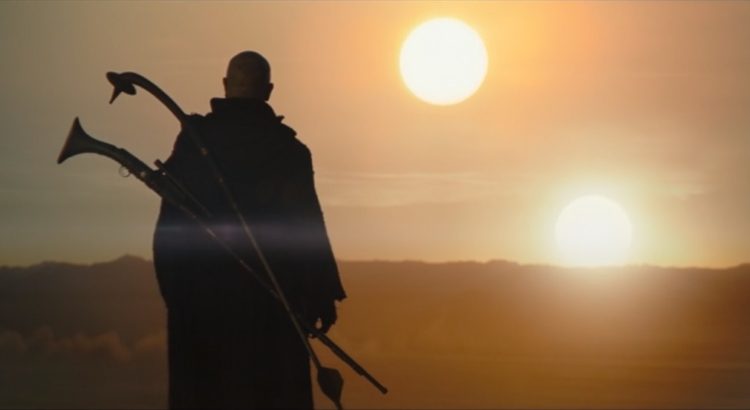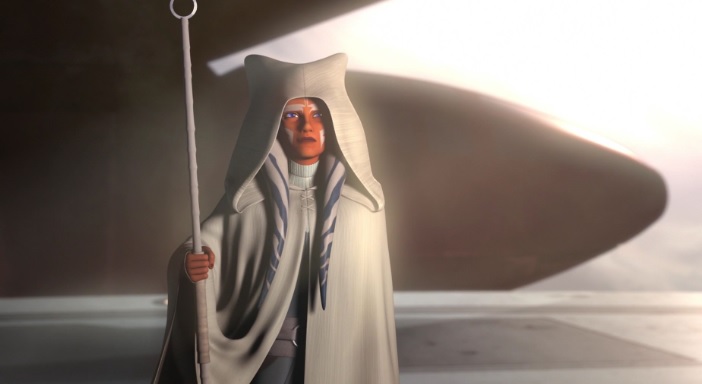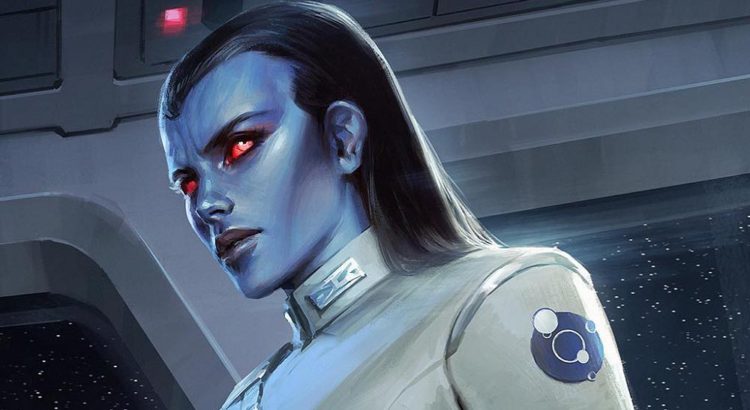Announced some time ago, I have to admit to a certain amount of skepticism about The High Republic. With the last few years seeing some quite spectacularly awful real-world politics, a sequel trilogy of films that decided its best move was killing off Luke, Han and Leia, plus – and how could this one be forgotten? – a global pandemic, I was lukewarm about its claims to being a more optimistic Star Wars story. At the same time I had some reason to be wary of the writer kicking it off, which Charles Soule would I be getting? The one that did some smart work on the first Lando comic miniseries or the one who takes the corporate gigs like killing off Wolverine? Finally, there is the cynicism born of numerous brighter, happier superhero relaunches that end quickly with some character getting eviscerated.
It’s therefore a rather delightful surprise that Light of the Jedi defies all of this to do something entirely different, very, very unexpected but not at all unwelcome.
One question that comes up with regard to stories is if the heroes have all the advantages how can there be any real conflict or challenge? How can the villains get any victories or even represent a genuine threat? The first answer to this question comes in the face of the disaster that opens this story, and from the very start it defies expectations in a positive way. When reading it, some of what you expect does happen; you may well foresee that a particular new character is not going to be around long and, while you might be right, you may also end up caring about them far more than you thought you would. At the same time, Soule does not play the darkness card here – it’s a disaster sure, many, many people die, but the plot does not overly dwell on it. Instead we see what The High Republic is about in its response to this disaster.
Read More




